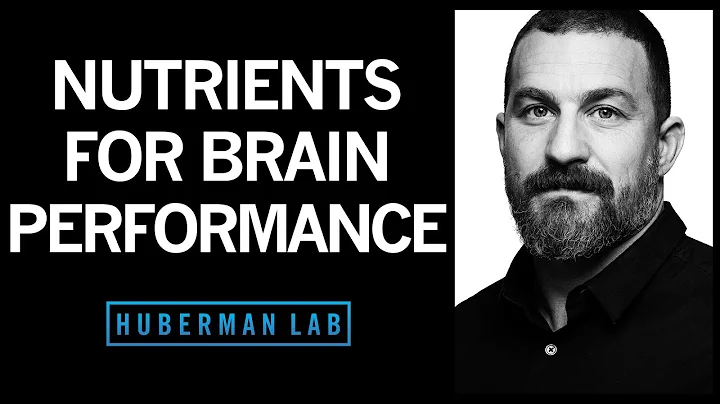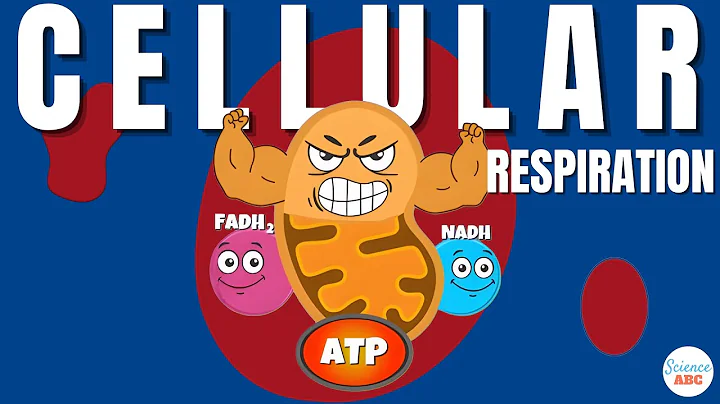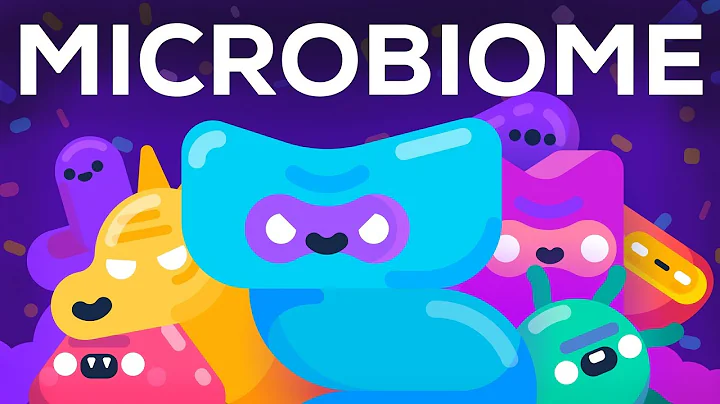Vitamins are a type of trace organic substances that humans and animals must obtain from food to maintain normal physiological functions. They play an important role in human growth, metabolism, and development. If a certain vitamin is lacking for a long time, it will cause physiological dysfunction and cause certain diseases. Pregnancy is a special physiological stage, and special attention should be paid to the intake of sufficient vitamins, because they are very important for the health of the pregnant mother and the physical and intellectual development of the fetus.

How should I supplement various vitamins during pregnancy?
Vitamin A: Intake of ordinary food generally does not cause excessive vitamin A. Most of it is caused by excessive intake of vitamin A concentrated preparations. It is recommended to eat dark green, yellow-red vegetables rich in carotenoids and fruits to supplement vitamin A.
Vitamin D: Vitamin D is mainly derived from intradermal synthesis under ultraviolet light, so it is easy to be deficient in the north, which lacks sunlight, especially in winter. Foods containing and vitamin D are limited. You can choose vitamin D-fortified milk or vitamin D-containing compound calcium preparations. The recommended intake of vitamin D is 10 micrograms per day, and the tolerable maximum intake is 50 micrograms per day.
Vitamin E: Vitamin E is widely present in various foods, such as cereals, beans, and nuts. Deficiencies are rare, and there are no reports of poisoning caused by excessive intake of vitamin E. The appropriate intake of vitamin E is 14 mg per day, and the maximum tolerated intake is 700 mg per day.
Vitamin C: Taking too much vitamin C during pregnancy may affect the development of the embryo. The main food sources of vitamin C are fresh vegetables and fruits. is 100 mg per day in the first trimester, 115 mg per day in the second and third trimester, and the maximum tolerated intake is 2,000 mg per day.

During the development of the baby, vitamins are indispensable, but blindly supplementing vitamins will cause harm to the fetus. Like other nutrients, excessive amounts of vitamins can also cause harm to the human body and even cause poisoning.





















